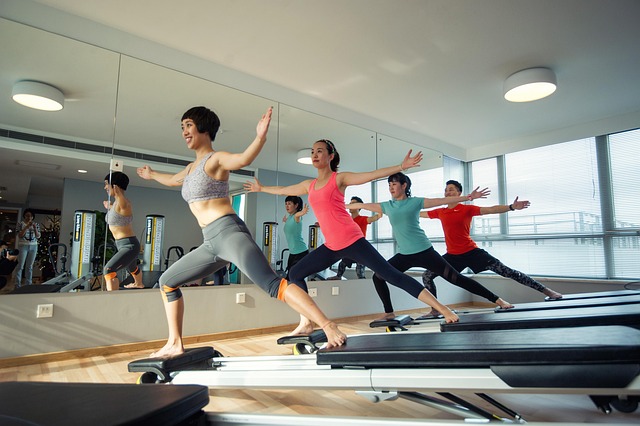As you embark on your Pilates journey, you’re not just engaging in a series of exercises; you’re embracing a holistic approach to fitness and well-being. Pilates is more than just a workout; it’s a lifestyle that nurtures both your body and mind, promoting core strength, flexibility, and balance. However, to truly amplify the benefits of your Pilates practice, it’s essential to pair it with proper nutrition—especially protein, which plays a vital role in sustaining energy and aiding muscle recovery.
Imagine stepping onto the mat, ready to challenge yourself, with a balanced diet fueling your efforts. A healthy lifestyle isn’t merely about the physical aspect of fitness; it encompasses how we nourish ourselves. Protein is the cornerstone of this foundation, acting as the building block for muscles, tissues, and even enzymes. In the context of Pilates, incorporating the right amount of protein can enhance your strength-building endeavors while supporting your body’s repair processes post-workout.
When you engage in Pilates, your muscles are put to the test, whether you’re holding a challenging position or flowing through a sequence. This is where the power of protein comes into play. After your session, your body craves nutrients that can aid recovery and enhance muscle growth. Including protein-rich foods in your post-workout meal not only replenishes what you’ve used but also primes your muscles for their next challenge on the mat.
But what does healthy nutrition look like in the context of a Pilates-focused lifestyle? It’s important to strike a balance. Aim for a diet rich in whole foods, including lean meats, fish, beans, legumes, nuts, and dairy products. Not only do these options provide high-quality protein, but they’re also packed with essential vitamins and minerals that support overall health. Consider a protein smoothie made with Greek yogurt and a handful of spinach as a quick post-Pilates snack, or a quinoa salad loaded with veggies and chickpeas to make a hearty meal.
Moreover, don’t forget the timing of your protein intake. Consuming protein shortly after your Pilates sessions can be particularly beneficial. It’s not just about the quantity; it’s about quality too. Choosing a variety of protein sources ensures that you’re getting a range of amino acids, which are critical for muscle recovery and overall health.
As you grow more committed to your Pilates practice, remember that fueling your body with the right nutrients is just as important as the exercises themselves. Feel empowered by your choices—every bite you take can either enhance your performance or detract from it. Embrace high-protein foods, and watch as your body becomes more resilient, your energy levels rise, and your Pilates skills flourish.
In summary, the correlation between nutrition and fitness—especially in activities like Pilates—cannot be overstated. Your healthy lifestyle revolves around balanced meals that include ample protein, ensuring you’re not just doing Pilates but thriving in it. With each session on the mat, coupled with the right fuel, you’ll find yourself not only achieving your fitness goals but also nurturing a vibrant, energetic life.


